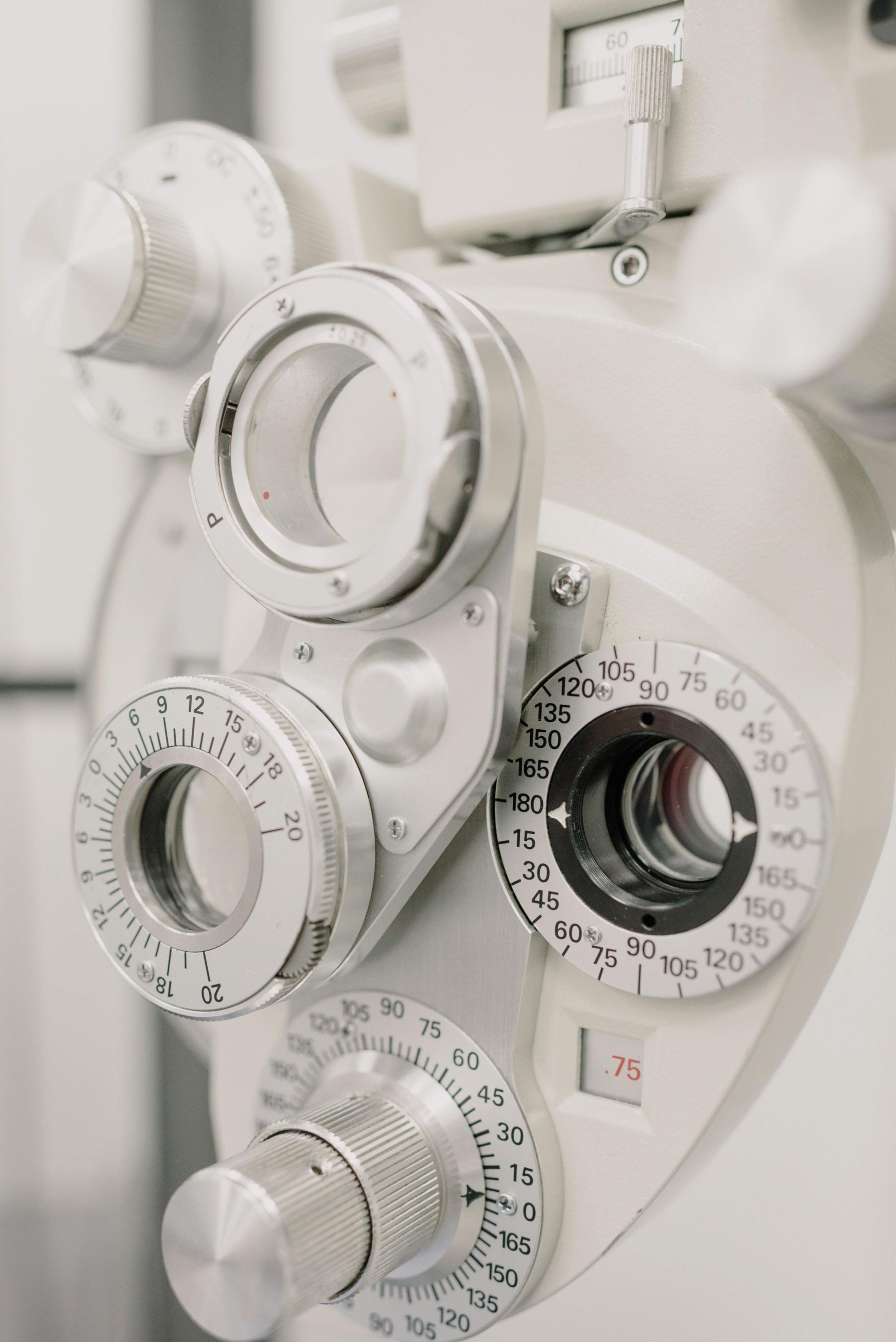One in six people in the UK has some form of hearing loss. This will, in time, rise as retirement age increases and the arrival of the new generation of music-associated hearing loss. Ultimately the number of people with hearing loss in the workplace will rise with it.
Another unfortunate realisation is that most people with hearing loss choose not to disclose this to their employer – due to risk of discrimination. Despite the decrease in stigmas, exclusive issues and a better understanding of hearing loss – misconception and discrimination still exists today. The main concerns being that candidates are consistently being disregarded for roles when their hearing loss is discovered.
What is yet to be widely educated is that people with hearing loss are working and studying in every field available. They prove to be invaluable assets wherever they are employed and hugely accountable for businesses success. Here we discuss some of the many benefits of employing someone with hearing loss, which we believe define great attributes in an employee.















